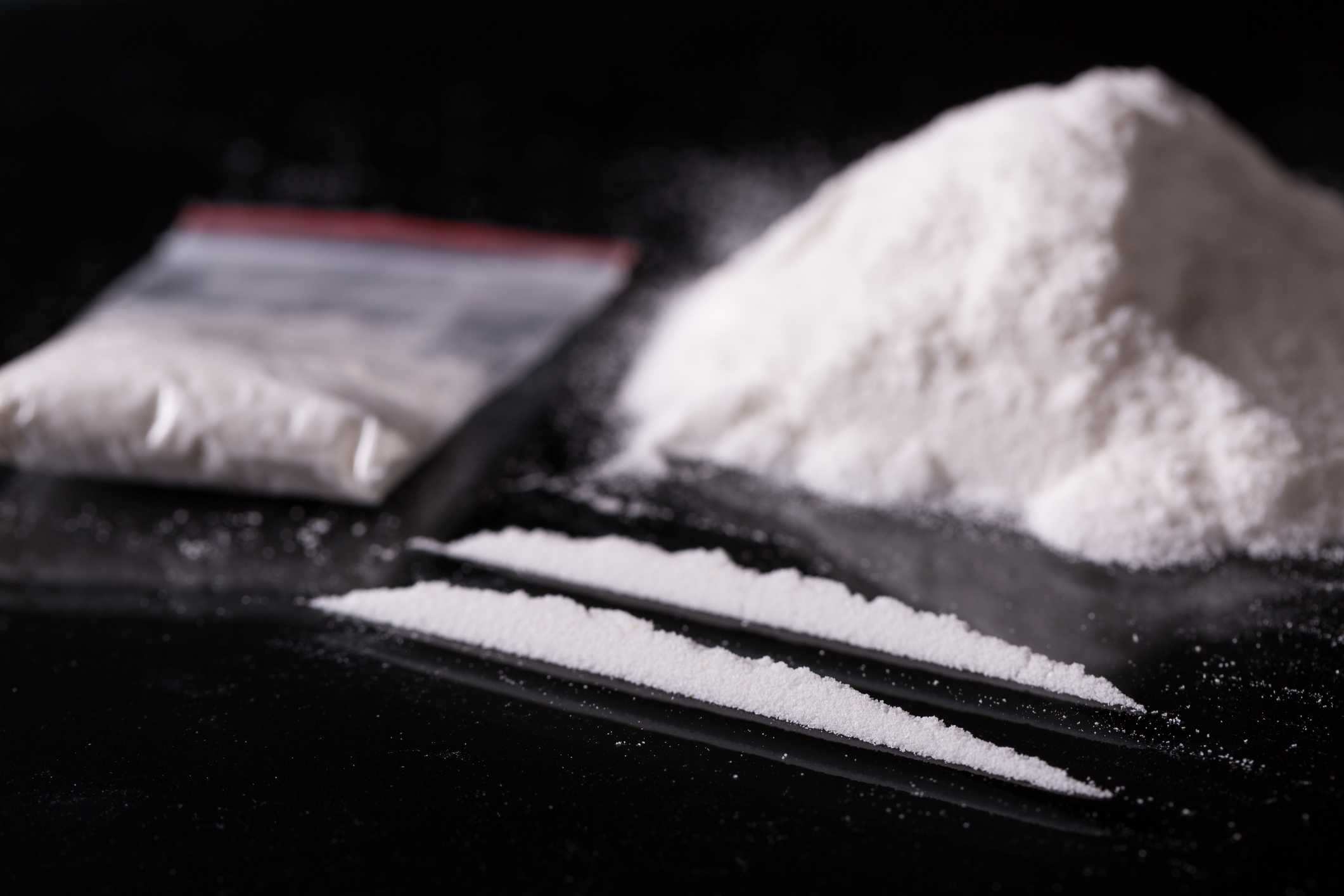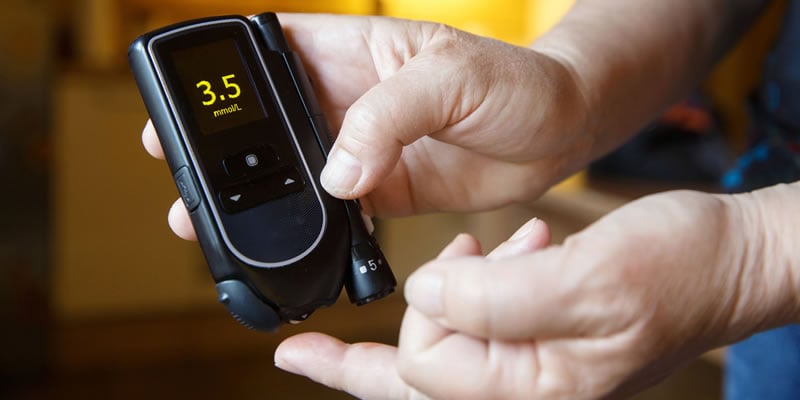Recreational drugs are mind-altering chemical substances that are used for non-medicinal, leisure purposes (i.e. taking a substance for the sole purpose of getting ‘high’).
These are split into 3 main categories:
- Hallucinogenics – these affect the mind and what you see, feel or hear
- Downers – these affect thought, heart rate and breathing
- Uppers – which make the body faster in terms of speech, reaction and heart rate
Recreational drugs are also known as psychoactive drugs, due to their effects on one’s consciousness, cognitio, mood and behaviour.
This may lead to addiction or substance abuse which, in turn, can have a detrimental effect on the user’s physical and mental health.
However, the consequences of recreational drug use can be a lot more severe for people whose health is already affected by conditions such as diabetes
What types of recreational drugs are there?
There are many types of recreational drugs. Some people are often surprised to realise that caffeine is a drug.
The most commonly used drugs are:
- Alcohol
- Alkyl Nitrite (Poppers)
- Amphetamines (Speed)
- Anabolic steroids
- Caffeine – found in tea and coffee
- Cannabis (or marijuana)
- Cocaine
- Crack
- Ecstasy
- Glue and solvents
- Heroin (opium)
- LSD
- Methamphetamine
- Tobacco (Nicotine)
What effects do these drugs have?
Recreational drugs affect both the mind and body, causing a wide range of feelings and emotions.
Some such as amphetamines and ecstasy are stimulants which act on the central nervous system, causing an increase in heart rate and a rush of blood through the heart and brain
Users often report increased confidence and energy levels combined with a physiological arousal, but as the body’s energy levels reduce they become prone to feelings of:
- Anxiety
- Irritability
- Restlessness
- Dizziness
The mental and physical effects of drugs such as cannabis are noticeable but usually milder, while others such as crack and LSD are much more intense and extreme in their effects, with users often experiencing hallucinations and paranoia.
There are also differences between each drug in terms of how quickly the effects are experienced, the length of time they last and the after-effects (withdrawal symptoms).
How are recreational drugs administered?
There are a number of ways in which these substances can be taken:
- Orally, as a liquid or solid
- Inhaled as a vapour
- Insufflatio, or snorted into the nose
- Injected either intramuscular or intravenously.
Effects of recreational drugs on diabetes
Many of the physical effects of recreational drugs can affect blood glucose control, which for people with diabetes can lead to serious health complications
While the effects of legal drugs like alcohol and nicotine (smoking) on diabetes are well documented, the role of marijuana, cocaine and other illicit substances remains less clear because of their illegal status in the UK and many other countries.
Research into illegal substances
However, the research that is available on the general effects of illegal substances suggests that while they all affect diabetes control in one way or another, cannabis could also be used to help treat the disease.
Previous studies have linked cannabis use to hyperglycemia (high blood glucose levels) – a common problem for people with diabetes.
However, some researchers have shown that cannabis, which is already used in the treatment of some medical conditions, could also have a number of anti-diabetes benefits.





